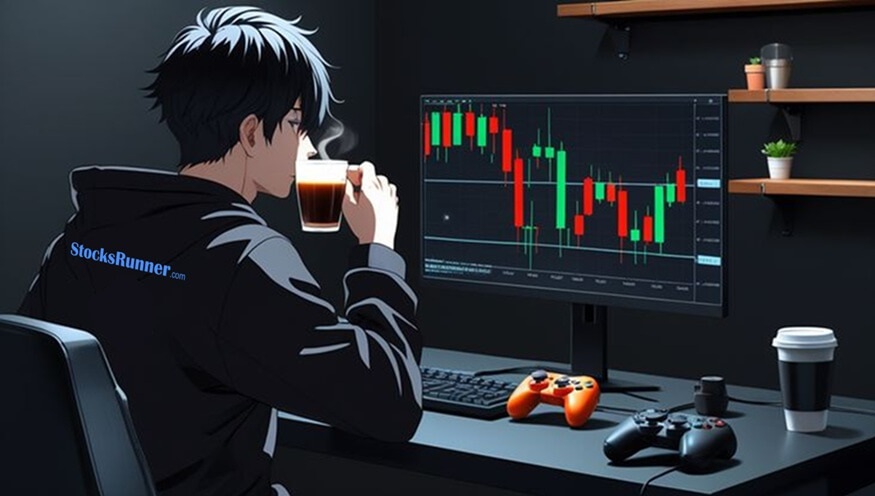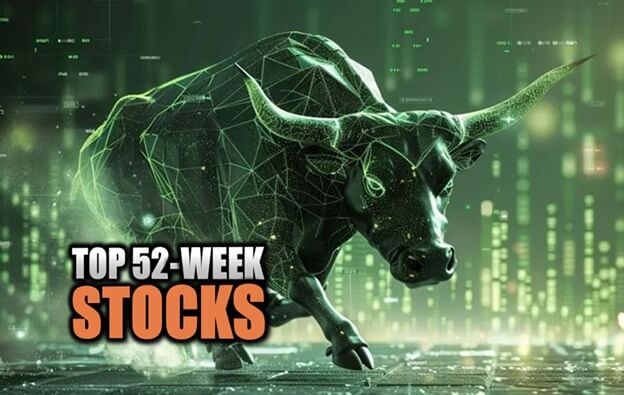Why Now Might Be the Best Time to Invest in the Stock Market Even When It Looks Like a Crisis
Now may be the best time to invest in the stock market - history shows crisis moments often create the biggest buying opportunities.
 Apr 06 2025
Apr 06 2025
When the Markets Look Like a Crisis It Might Be the Best Time to Stay Invested Why investing against the tide could be your smartest long-term move
While stock markets appear to be in crisis mode, this could actually be the perfect time to stay invested. As the famous quote by Baron Rothschild reminds us, “The time to buy is when there's blood in the streets.” And if not now then when?
In the stock market, just like in life, going with the crowd isn’t always the smartest strategy. Often, when fear dominates and investors rush to sell, the best opportunities to buy stocks at a discount emerge. It might sound counterintuitive, but history shows this contrarian approach can work.
Take November 2023 for example: amid widespread panic over rising interest rates especially after U.S. government bond yields hit around 5%, the highest level since before the 2008 financial crisis markets dropped significantly. Investors fled, paused their investments, and sold off stocks at a loss. But once the panic subsided, those same stocks bounced back and fast. The market surged by 19% in just three months.
Time in the Market Beats Timing the Market
The key is knowing when to stay the course, when to ignore the fear, and when to trust your strategy. Yes, there are valid reasons to worry high interest rates, trade wars, geopolitical uncertainty but these are often the very ingredients that create buying opportunities. Rothschild's quote isn't just memorable it's backed by market behavior.
Historically, major drops in the S&P 500 caused by fear or euphoria have often been followed by short-term rebounds. No, stocks won’t always rise tomorrow. And no one can predict the market's every move. But after every major dip, there’s a decent chance of a quick recovery.
Why Waiting Pays Even When Everyone Around You Is Panicking
If we zoom out and look at long-term market trends, a clear pattern emerges: markets tend to recover after sharp downturns. No one can say exactly when, and sometimes it takes longer than we hope but many of the strongest gains come after the worst declines.
The real challenge is how we respond during these volatile moments. It’s easy to act on fear, to sell because it “feels right.” Most investors panic-sell at the bottom and then re-enter the market after prices have already surged missing out on the upside. If they had simply stayed calm and stuck to their plan, they could’ve seen meaningful gains.
Smart Investing Is Patient Investing
Before making any financial moves, it’s critical to build a long-term investment strategy. Patient investing focused on future goals rather than short-term market noise is usually the most reliable path to success. It may not be flashy or exciting, but it works better than chasing trends or reacting emotionally to every market dip.
That said, let’s be real - not every downturn turns into a win. Investors who stayed in the Nasdaq during the dot-com crash lost 80% and had to wait 12 years just to break even. So no, this isn’t black and white. But for long-term investors, trying to time the market with constant buying and selling usually ends worse than simply staying the course.
The Bottom Line
Even when the stock market looks like it’s in crisis, it might be the best time to invest, especially for those with a long-term mindset. Stay focused, stay patient, and remember: the greatest rewards often come when others are too afraid to act.
Unlock Exclusive Stock Insights!
Join StocksRunner.com for daily market updates, expert analyses, and actionable insights.
Signup now for FREE and stay ahead of the market curve!
Why Join?
Find out what 10,000+ subscribers already know.
Real-time insights for informed decisions.
Limited slots available, SignUp Now!
Please note that the article should not be considered as investment advice or marketing, and it does not take into account the personal data and requirements of any individual. It is not a substitute for the reader's own judgment, and it should not be considered as advice or recommendation for buying or selling any securities or financial products.



 Shai.Gal
Shai.Gal












